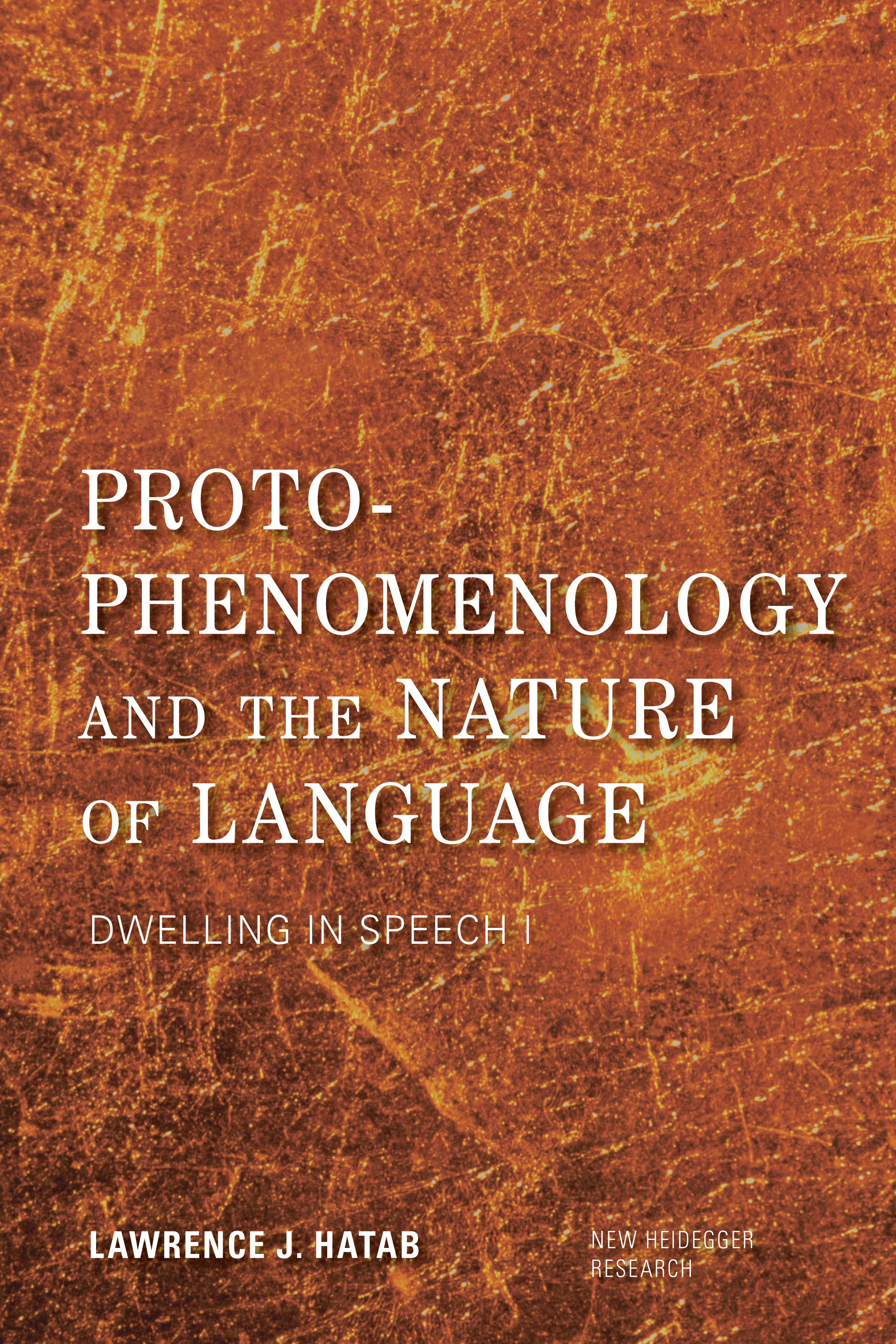Proto-Phenomenology and the
Nature of Language
New Heidegger Research
Series Editors:
Gregory Fried, Professor of Philosophy, Suffolk University, USA
Richard Polt, Professor of Philosophy, Xavier University, USA
The New Heidegger Research series promotes informed and critical dialogue that breaks new philosophical ground by taking into account the full range of Heideggers thought, as well as the enduring questions raised by his work.
Titles in the Series
Making Sense of Heidegger: A Paradigm Shift, by Thomas Sheehan
Heidegger and the Environment, by Casey Rentmeester
Correspondence 19491975, by Martin Heidegger and Ernst Jnger, translated by Timothy Sean Quinn
After the Greeks: Following Heidegger, by Laurence Paul Hemming (forthcoming)
The Question Concerning the Thing: On Kant's Doctrine of the Transcendental Principles, by Martin Heidegger, translated by Benjamin D. Crowe and James D. Reid
Heideggers Gods: An Ecofeminist Perspective, by Susanne Claxton
Proto-Phenomenology and the Nature of Language: Dwelling in Speech I, by Lawrence J. Hatab
Proto-Phenomenology and the
Nature of Language
Dwelling in Speech I
Lawrence J. Hatab

London New York
Published by Rowman & Littlefield International, Ltd.
Unit A, Whitacre Mews, 26-34 Stannary Street, London SE11 4AB
www.rowmaninternational.com
Rowman & Littlefield International, Ltd. is an affiliate of Rowman & Littlefield
4501 Forbes Boulevard, Suite 200, Lanham, Maryland 20706, USA
With additional offices in Boulder, New York, Toronto (Canada), and London (UK)
www.rowman.com
Copyright 2017 by Lawrence J. Hatab
All rights reserved. No part of this book may be reproduced in any form or by any electronic or mechanical means, including information storage and retrieval systems, without written permission from the publisher, except by a reviewer who may quote passages in a review.
British Library Cataloguing in Publication Information Available
A catalogue record for this book is available from the British Library
ISBN: HB 978-1-7834-8818-6
ISBN: PB 978-1-7834-8819-3
Library of Congress Cataloging-in-Publication Data Available
978-1-78348-818-6 (cloth : alk. paper)
978-1-78348-819-3 (pbk. : alk. paper)
978-1-78348-820-9 (electronic)
 TM The paper used in this publication meets the minimum requirements of American National Standard for Information Sciences Permanence of Paper for Printed Library Materials, ANSI/NISO Z39.48-1992.
TM The paper used in this publication meets the minimum requirements of American National Standard for Information Sciences Permanence of Paper for Printed Library Materials, ANSI/NISO Z39.48-1992.
Printed in the United States of America
For Elliot and Ethan.
Preface
I originally planned to write this book from the standpoint of Heideggers approach to language, particularly in his early phenomenological works. For a number of reasons I decided to find my own voice on the question of language rather than do a Heideggerian treatment. I was coming up with many angles and tributaries that diverted from Heideggers own agenda. Taking my own path freed me from the burdens of Heideggerian exegesis, and I would not be bound by Heideggers language, which can be daunting. I could express things in a vocabulary more to my liking and perhaps more digestible for readers outside Heidegger studies. Finally, I could choose what to include and exclude with respect to Heideggers approach. In particular, I could leave aside his lofty ontological concerns launched in Being and Time in order to focus on more pedestrian matters illuminated in early parts of that masterwork. I could concentrate on what I found philosophically stimulating in Heideggers phenomenology of being-in-the-world, with special attention to language.
Heidegger was a typical philosopher in that his agenda was to think through and reformulate the classic grounding concept of being. The phenomenological analysis of being-in-the-world aimed to supplant objective and present-centered notions of being with a more original sense of meaning-laden temporality. The phenomenological account was therefore preparatory for a meditation on the meaning of being itself. Yet Heideggers preliminary account advanced many interesting and important findings that can address standard philosophical questions in a novel way, such as matters pertaining to cognition, meaning, values, selfhood, social relations, ethics, action, and language. Nevertheless, anyone who is familiar with Heideggers writings will see his significant influence on my thinking, and it is important that other readers know this. Yet I believe I have put together something viable in my own way that might make a contribution to the questions at hand, perhaps in a manner that would resonate with more readers than would a strictly Heideggerian venture.
My notion of proto-phenomenology offers a new way to zero in on how Heideggers early thinking is different from other approaches to phenomenology, especially Husserls. Even many Heidegger scholars miss the unique sense in which his analysis begins with the everyday world of concerns, involvements, and practices, rather than cognitive structures or even some overformalized renditions of Heideggers language in Being and Time. The terminology I offer aims to be more faithful to Heideggers phenomenology and perhaps more illuminating than many treatments of his thought, at least more so for those who might otherwise be put off or mystified by Heideggers texts. My concentration on the lived world, which Heidegger called facticity and being-in-the-world, puts off larger questions that occupy his writings and aims to detail how proto-phenomenology applies to many familiar philosophical topics, especially the nature of language. In any case, whenever I deploy my own terminology or approach to a Heideggerian concept, I will note which concept I am revising.
I appreciate how difficult it can be to understand Heidegger. For most of my career I have been the only continental philosopher in my immediate professional environment, and conversations about my work have required much outreach that would not be needed within my own tribe. I still believe in philosophy as one common discipline (perhaps navely) and I have always been predisposed to bridging differences. Hence my book is pitched a bit more to readers outside the continental tradition because I find it more challenging and interesting to venture outside of home territory and attract strangers to something worthy than to simply converse with neighbors on familiar ground. The hope is that experimenting with my own language can achieve some effective outreach without losing the distinctive posture of Heideggers critical assessment of traditional philosophical assumptions, terms, and
methods.
There are a number of developments outside of continental thought that can provide good avenues for bridge building. Many references in the text will involve such sources, but with the purpose of facilitating possible bridgeworkwithout necessarily countenancing all aspects of these sources. My book is an attempt to expose important Heideggerian insights to a wider audience and to engage many familiar philosophical topics, but the main focus of investigation is a joint exploration of phenomenology and the nature of language. When certain topics outside of the phenomenological tradition are engagedpertaining to research in epistemology, philosophy of mind, and linguistics, among othersthe scope of discussion will be more a sketch than a detailed treatment of the matters at hand. The aim is to open doors for further research on such topics.

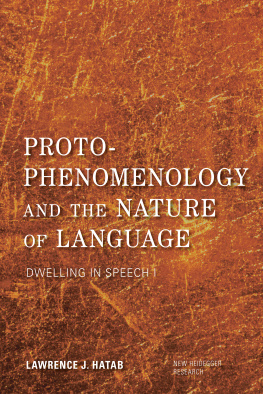

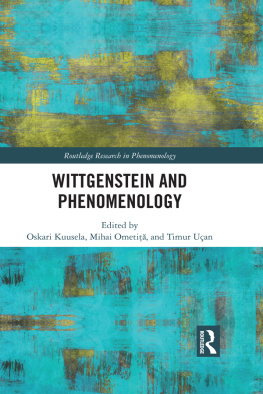
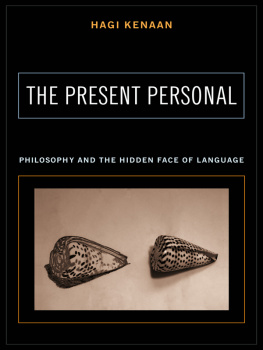
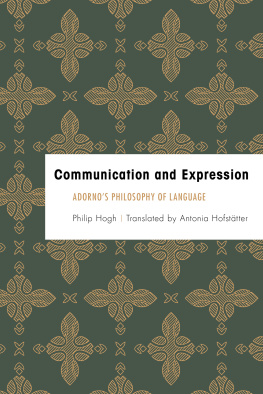
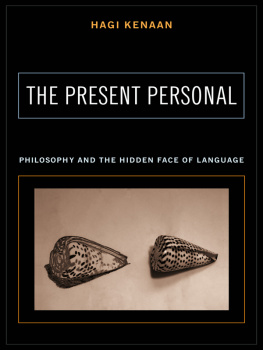



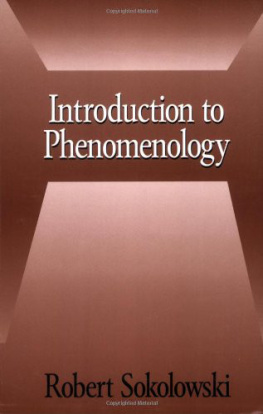

 TM The paper used in this publication meets the minimum requirements of American National Standard for Information Sciences Permanence of Paper for Printed Library Materials, ANSI/NISO Z39.48-1992.
TM The paper used in this publication meets the minimum requirements of American National Standard for Information Sciences Permanence of Paper for Printed Library Materials, ANSI/NISO Z39.48-1992.